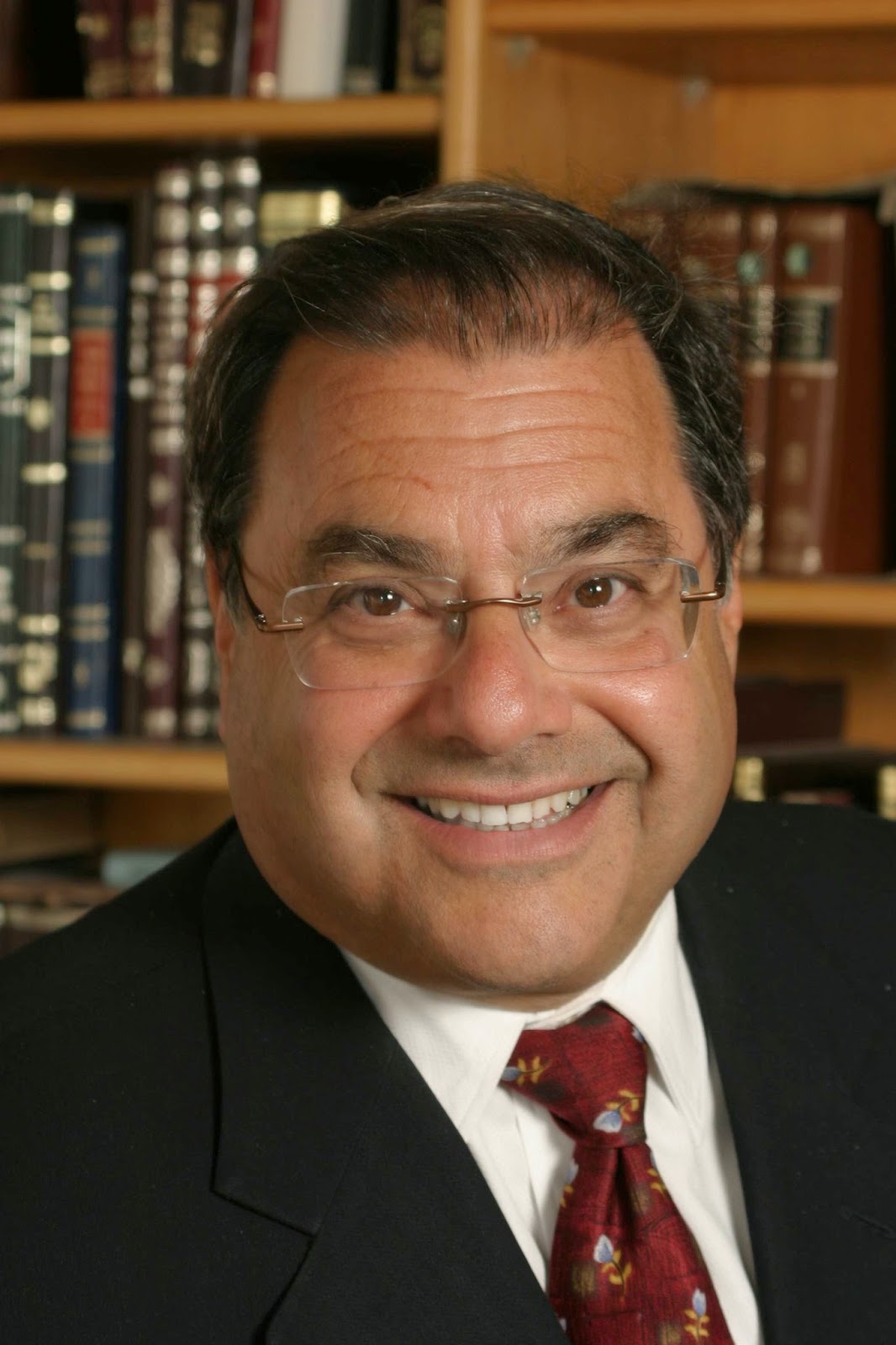Cross-Currents By Rabbi Avrohom Gordimer
Rabbi Shlomo Riskin’s ambitious program to fill Israeli society with
female halachic adjudicators just experienced a significant advance, as
R. Riskin appointed a woman, Dr. Jennie Rosenfeld, to the position of
Mahniga Ruhanit (Spiritual Leader) in his city of Efrat. R. Riskin explained
that Dr. Rosenfeld will render halachic rulings on questions posed to
her, and that there is no bar to women serving as rabbinic judges: [...]
As such, R. Riskin has founded the Susi Bradfield Women’s Institute for
Halakhic Leadership, which aims to create a cohort of female halachic
leaders, trained and certified as follows:
Morot Hora’ah: Five-year program training women in the classic rabbinic curriculum of Kashrut, Shabbat, Family Purity, Mourning, and Marriage. This training is complemented by an extensive curriculum of philosophical, social, and psychological training for communal leadership.
Completion of the course and success in written tests leads to Heter Hora’ah – the centuries-old traditional license to issue halakhic rulings.
Dayanut: Ten-year advanced training program launched in 2013 for women who have completed the heter hora’ah program, equipping them with the knowledge base to serve as judges for conversion and divorce. For the first time since Devorah served as a judge, Jewish history will once again see women trained for the task, and their very presence will restore – and ensure the preservation of – women’s rights in areas of personal status.
The first-ever book of halakhic responsa penned by women who were ordained by the WIHL to serve as halakhic decisors was presented to the public on Monday, 23 June, 2014, at a unique symposium promoting female halakhic leadership in Israeli society.
Now, aside from the fact that rabbinic ordination cannot be conferred upon women, as explained in detail here (please click here
for the statement of the Rabbinical Council of America, the RCA, that
reflects this axiom), R. Riskin introduces a new calculus and arrives at
an equation that simply does not compute. R. Riskin affirms that, “The
only reason why women cannot be judges is if they are not accepted by
the people. When it is clear they are accepted and have halachic
knowledge, they can render halachic decisions.” Well, yes, the Gemara in
Sanhedrin of course states that litigants may voluntarily accept upon
themselves the testimony and rulings of those who do not qualify as
witnesses or dayanim (judges), such as women and relatives, for a form
of binding arbitration (Sanhedrin 24a, Rambam Hil. Sanhedrin 7:2, and
Shulchan Aruch Choshen Mishpat 22:1). However, this does not confer upon
the women or relatives whose ruling has been voluntarily accepted the
legal status of a beis din. An actual, legal beis din, rather than those
unqualified as dayanim but accepted voluntarily as arbitrators to
render a decision, is required for geirus (conversion – v. Yevamos 46b,
Rambam Hil. Issurei Bi’ah 13:6 and Shulchan Aruch Yoreh Deah 268:3-4)
and may be necessary for certain aspects of geirushin (divorce). This is
why geirus must occur by day, as a beis din, unlike arbitrators, may
not convene at night. R. Riskin’s program that provides women with
rabbinic training and ordination, granting “the centuries-old
traditional license to issue halakhic rulings” and “equipping them with
the knowledge base to serve as judges for conversion and divorce”, is
illegitimately predicated on an assertion that has no bearing on the
matter. Those who do not qualify to form an halachic beis din do not
attain the status of an halachic beis din for conversion, divorce and
other proceedings, regardless of voluntary acceptance by the parties.
Arbitration and beis din status are apples and oranges; R. Riskin’s
calculation does not compute. [...]

No comments :
Post a Comment
ANONYMOUS COMMENTS WILL NOT BE POSTED!
please use either your real name or a pseudonym.